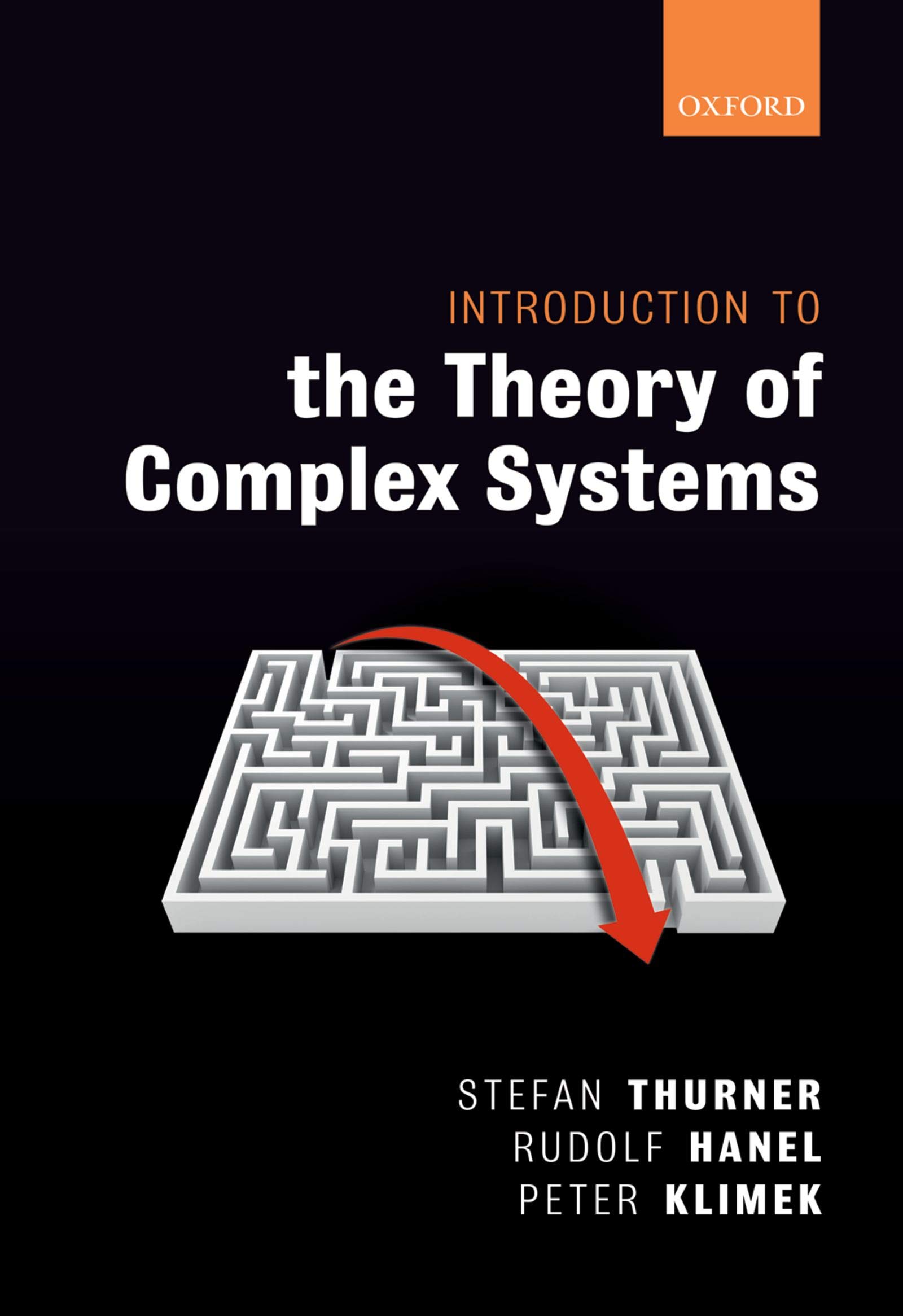Introduction to the Theory of Complex Systems
Introduction to the Theory of Complex Systems
This book is a comprehensive introduction to quantitative approaches to complex adaptive systems. Practically all areas of life on this planet are constantly confronted with complex systems, be it ecosystems, societies, traffic, financial markets, opinion formation and spreading, or the internet and social media. Complex systems are systems composed of many elements that interact strongly with each other, which makes them extremely rich dynamical systems showing ahuge range of phenomena. Properties of complex systems that are of particular importance are their efficiency, robustness, resilience, and proneness to collapse.The quantitative tools and concepts needed to understand the co-evolutionary nature of networked systems and their properties are challenging. The book gives a self-contained introduction to these concepts, so that the reader will be equipped with a toolset that allows them to engage in the science of complex systems. Topics covered include random processes of path-dependent processes, co-evolutionary dynamics, dynamics of networks, the theory of scaling, and approaches from statisticalmechanics and information theory. The book extends beyond the early classical literature in the field of complex systems and summarizes the methodological progress made over the past 20 years in a clear, structured, and comprehensive way.
$19.99
10 in stock


Secure Payments
Pay with the worlds payment methods.

Discount Available
Covers payment and purchase gifts.

100% Money-Back Guarantee

Need Help?
(484) 414-5835
Share Our Wines With Your Friends & Family
Description
Additional information
| Best Sellers Rank | #353,974 in Kindle Store (See Top 100 in Kindle Store) #59 in Mathematical Physics (Kindle Store) #229 in Mathematical Physics (Books) #264 in Applied Mathematics (Kindle Store) |
|---|---|
| Customer Reviews | /* * Fix for UDP-1061. Average customer reviews has a small extra line on hover * https |
OUR BEST COLLECTION OF COURSES AND BOOKS





Reviews
There are no reviews yet.